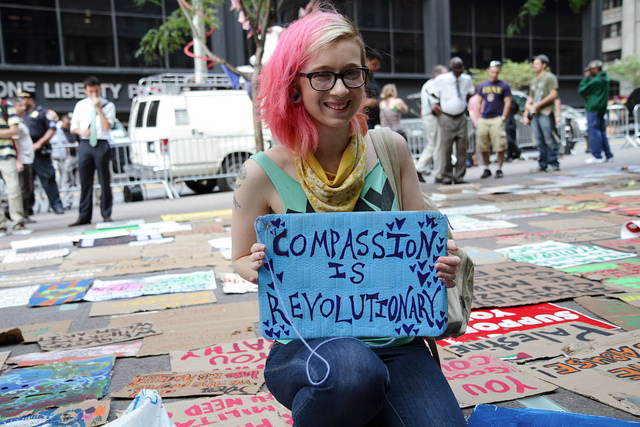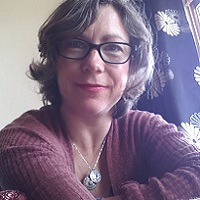
The opposite of love is not hate—it is fear.
Hate is one of many forms in which fear manifests.
None of us is born afraid of people who are different from us. We are taught to be afraid—by our parents, our neighbours, our teachers, our friends.
And if we allow that fear to be nurtured, in time our experiences will probably reflect back to us “good reason” to have that fear. Because the nature of our minds is such that our subconscious filters out all sorts of observations and focuses our conscious attention on the evidence that supports our beliefs.
(And hey, sometimes our conscious minds will deliberately dismiss evidence that contradicts what we believe, just because we don’t want to consider the alternative possibility.)
I am no saint when it comes to the judgment of bigots. I become as enraged by prejudiced comments and actions as the next “mindful” person.
But how mindful is it exactly, to react from a place of (superior) outrage? Giving in to our rage and slagging others off does nothing to solve the problem.
And whether we care to admit it or not, part of the problem is that we “progressive-minded” folks dismiss others as intellectually inferior and not worthy of engaging with. When we do that, we’re also buying into a “them versus us” paradigm. How ironic, when that’s essentially at the root of xenophobia, homophobia and any other form of bigotry.
No one is born a bigot.
We each develop a particular perspective that is informed by our social conditioning and personal experiences.
Right-wing xenophobia is something that creeps up on people—people who are scared for their future and angry about how they’ve been treated/abused/disregarded/dismissed in the past.
We cannot disarm anger and hate with more anger and hate.
We need to muster up as much love and compassion as we possibly can. And I know that isn’t easy when faced with hateful and hate-filled acts. But we need to find some little crumb—and nurture that until it can increase in warmth and openness.
Because if we are ever going to defeat bigotry, we need to engage with those whose views differ from ours. If we don’t engage, how will we ever persuade them to change their minds and see all human beings as equal, instead of categorizing people into different classes of value.
(For me, the starting point is always with Loving Kindness meditation. This helps to shift my own state of mind into a more receptive place, and magically, it also seems to have an effect on the person with whom I’m clashing.)
We can listen with respect to those who feel so differently from us, in order to understand them. If we do that, there is a much greater chance of them listening to our perspective with respect. It helps to open the way to dialogue and changing hearts and minds.
If bigotry is learned behavior, then it can be unlearned. Unlearning can take more time and effort than learning, but the stakes are high and the result will be worth it.
Instead of perpetuating all the “them versus us” arguments, let’s find a way to come together.
.
Author: Hilda Carroll
Image: Paul Stein/Flickr
Editor: Yoli Ramazzina


 Share on bsky
Share on bsky




Read 0 comments and reply